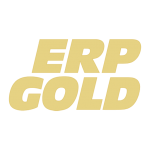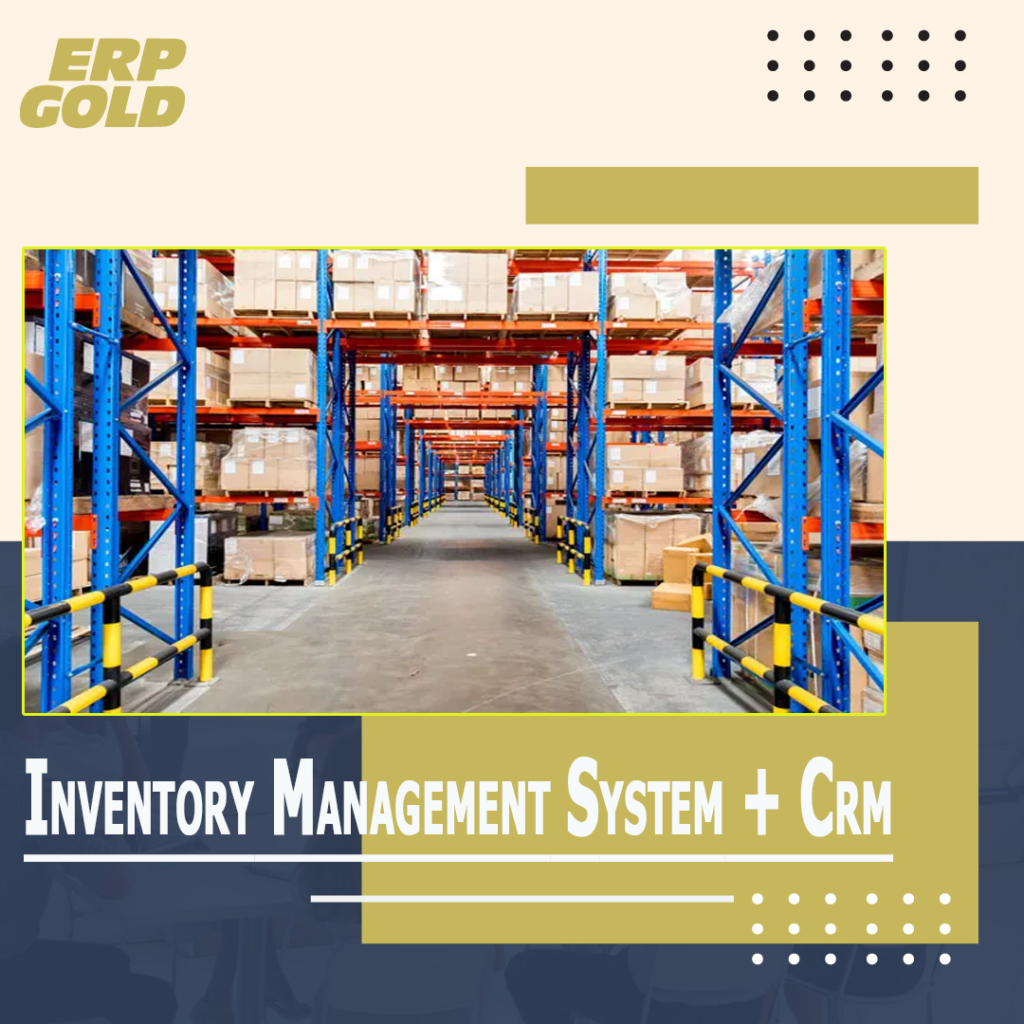Is your company using two different systems to keep inventory and client information? Is it getting increasingly difficult for your team to have real-time access to crucial inventory data? Are your billing and status orders being delayed due to inaccurate inventory data? Do you lose essential consumers as a result of poor customer service?
Then it’s time to integrate the inventory management system with the CRM software you already have. Previously, businesses utilized two different methods to manage inventory and CRM software.
Essentially, an inventory management system is limited to managing critical back-end business operations such as billing and shipping details, purchase history, accounting information, financial data, and supply chain management details. In contrast, CRM software is concerned with recording customer details and interactions, tracking sales, managing the sales pipeline, and creating marketing materials.
Organizations with efficient resources can effectively manage the two disparate systems. However, combining an inventory management system with a CRM solution has proven beneficial for businesses in streamlining numerous corporate procedures and increasing bottom-line efficiency.
There are a few more reasons why companies should connect their inventory management system to their CRM solution:
- Provides a 360-degree view of the customer
Customers are essential for businesses to function, and customers are a company’s most valuable asset. How effectively do you understand your clients’ needs? Do you know your clients’ birthdays and other significant events in their lives?
Integrating your inventory management system with CRM software will give your company a complete 360-degree perspective of your customers. Initial customer contacts, current customer tastes, needs, interests, preferences, buying patterns, purchase history, spending habits, demographics, age, gender, average income, profession, a company of employment, likes and dislikes, order history, billing processes, payment details, status orders, and so on can all be collected using a 360-degree customer view.
“Data is the powerhouse,” as everyone knows. With total visibility into your customers’ journey, your organization will be able to deliver superior customer insights, create long-term customer connections, provide high-quality customer support, and track and monitor changes in consumer tastes, preferences, and expectations, among other things.
- Have quick and easy access to critical customer data
Thanks to a fully integrated CRM solution with the inventory management system, your staff will have real-time access to vital customer information. For example, suppose a consumer calls your call center with a simple question about the status of an order. In that case, your call center agent does not need to waste time checking other systems or asking other employees.
Your customer service team can effectively use the solutions of an integrated CRM system with inventory management software to have instant access to crucial customer information and information on inventory levels, shipments, order history, customer financials, returns, payments, pricing, and so on.
- Streamlines a variety of business processes and reduces data entry errors
Firms used to manually handle the various time-consuming business procedures when there wasn’t an integrated solution. Organizations can now increase their productivity by reducing multiple business activities and automating the workflow with the help of an integrated solution.
Furthermore, an integrated solution reduces duplicate material by automatically updating the CRM system with real-time inventory information. As a result, the time-consuming data entry task is accessible, and errors are reduced. Everyone on the team will have direct access to real-time inventory data with updated content. For example, it will reflect any changes made to the inventory database in other systems, such as CRM and vice versa.
Today, any company that thoroughly understands the many stages of a customer’s journey must combine its inventory management system with CRM software.
Furthermore, an integrated solution facilitates cooperation across diverse internal teams, streamlines information, and puts the entire group together on the same page. So, what exactly are you waiting for? Integrate your inventory management system and CRM into a single solution for faster business operations and higher customer satisfaction.
CRM software’s core feature
Artificial intelligence (AI), the Internet of Things (IoT), chatbots, and virtual assistants have dominated the hype cycle around customer relationship management (CRM) software recently. While these are fascinating advances, it is essential to remember that any company wishing to use CRM must first master the deployment of “Core CRM” before adding more complex features and apps.
So, what exactly are “Core CRM” features? Core CRM represents the technical building blocks of your customer engagement approach. Core CRM is the foundation for obtaining and maintaining customer data and main customer activities such as lead conversion, sales cycle management, and issue resolution.
Marketing, sales, and customer service are just a few sectors that use core CRM. However, focusing on customer success, a clever Core CRM strategy breaks down divisions and connects these departments.
In a series of three blog posts, we’ll go over the main components of Core CRM and examine their importance and functions. Our primary focus areas are sales automation, lead management, customer service, and support.
Let’s start with the fundamentals of Sales Automation…
Sales Automation
Sales Automation is a term that refers to technology that is aimed at improving the management of revenue generated by salespeople. (This is in contrast to e-commerce, which allows customers to buy directly from a website or mobile device.)
Because most finished deals are maintained by the sales team and are often more complex and lengthy than, for example, a simple transaction a customer makes at a retail store, sales automation is frequently used by B2B companies or in scenarios with the complex sales cycle.
The following are some of the critical characteristics of the primary pillars of sales automation technology:
Management of Client Accounts
A client, or “account,” is at the heart of most businesses. When a CRM is used to centralize account information, it allows more employees in the firm to have access to critical data and provide context around purchase history and customer preferences when communicating with customers. Accounts, in a nutshell, are the “center” of a customer-centric strategy and a critical component of Core CRM.
CRM Software with ERP Gold Integration
ERP Gold offers the best integration with CRM software. It has all the functionalities to sync data between one another which makes it an integrated system.
“The customer is always right,” as everyone knows. However, there are two significant issues with this piece of advice for many businesses: They have no idea who their customers are, and they may not have a strong sense of what they want or believe. CRM (Customer Relationship Management) solutions allow businesses to stay in touch with customers and keep them engaged increasing income.
These technologies, which began as glorified digital Rolodexes, have evolved to include highly complicated sales forecasting, customer service, and marketing management features.
They also connect to Enterprise Resource Planning (ERP) software, giving everyone in the company a complete picture of the client at any given time. With that in mind, here are seven advantages of adopting CRM, mainly when it’s linked to ERP Gold:
Ending Thought
We’ve worked with several companies on CRM implementations, both on a stand-alone basis and as part of a more extensive ERP system.
CRM software has been around for at least 25 years, and many companies have implemented a basic version to support sales, marketing, and service functions. ERP Gold is providing upscale CRM and ERP features so that the whole business, organization or a company is in your fist. Visit our CRM page to learn more about CRM and see a demo. Thanks

